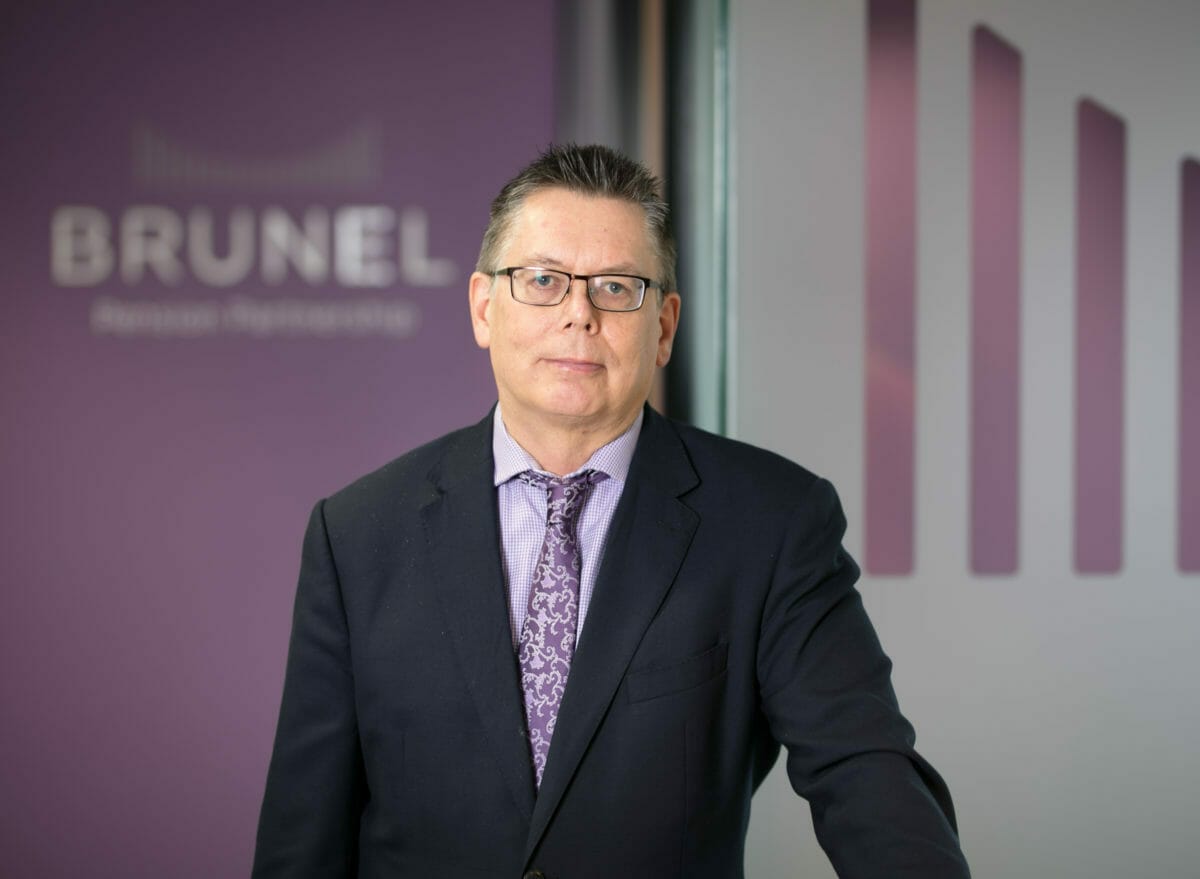It’s a busy time for Mark Mansley, chief investment officer of the Brunel Pension Partnership, one of the eight new mega funds to emerge as England and Wales’ 91 local government pension schemes pool their assets. The government fires the starting gun on portfolio transition in April, meaning new asset manager Brunel must begin transferring into its single pool the combined £28 billion ($39 billion) worth of investments from the 10 local authority schemes it now manages.
“We’re expecting to receive FCA [Financial Conduct Authority] authorisation any day now,” says Mansley, who has joined Brunel from the Environment Agency Pension Fund, one of the 10 entities now heading into the pool. There he led an award-winning responsible investment strategy known for its leadership and innovation; it included allocations to real assets, smart beta and active managers with high-conviction approaches. Brunel, structured so that its 10 member funds are also shareholders with a 10 per cent stake each, will carry on that mantle.
Transitioning assets is complicated and time-consuming. It takes two to six months for each portfolio, in a process that involves three stages: preparation; manager selection and appointment; and finally asset transition. The process for the entire portfolio will take about two years and will be completed in an order agreed upon with Brunel’s shareholder client funds.
“It is based around pragmatism, ease, benefit and our client funds’ greatest need in relationship to their changing investment strategies,” Mansley says.
First up is the £7 billion ($9.8 billion) passive portfolio, where equity allocations will include developed and emerging markets, smart beta and low-carbon stocks, and fixed income investment, mostly in gilts (UK government bonds). That portfolio will be followed by active equity, active fixed interest and liquid alternatives. Mansley anticipates that “a couple” of the seven portfolios covering a total of £8 billion ($11.2 billion) of active equity will be safely transitioned by the end of this year.
Re-tendering the entire portfolio is triggering a clamouring among asset managers, and the 10 member funds have delegated all decisions around manager selection to Brunel. It’s still early days, the asset manager is only in the “evaluation phase” of awarding mandates for the passive allocation. Much more lies ahead.
“We are inviting incumbent managers to tender as part of this process but will not be limiting this to just the incumbent managers,” Mansley says. “However, using incumbent managers may well mean lower transition costs, which will be an advantage when we are evaluating our manager options.”
New possibilities for asset allocation
The portfolio will also include new options for asset allocation for client funds, such as private markets, where Mansley says he is planning mandates to a secured income allocation and to legacy assets. The private market portfolio will be about £5 billion ($7 billion) and investment strategy will also focus on direct and co-investment, partnership and collaborations with other investors.
Mansley is considering using consultants to help ease the burden of manager selection.
“We have a large agenda to get through and we may be going into particularly technical areas where the consultant’s expertise is worth bringing to the table,” he says.
As examples of where consultants could help, he highlights operational due diligence, preparing shortlists of quality managers, and evaluating the expertise of managers in markets where Brunel hasn’t researched as much as it would like.
“It will help to ensure we find the best managers for the job and garner the best investment results for our clients,” he says.
But it will also have an impact on costs. Spiralling operational and transition expenses are a risk he is wary of, and he doesn’t expect the cost savings and economies of scale from pooling to appear for a while.
“We expect to see £27.8 million ($38.9 billion, 8.9 basis points) of fee savings, while maintaining investment performance, by 2025, and savings before performance growth of £550 million [$769 million] by 2036,” he predicts. “There are clear economies of scale to be gained by pooling, as well as added value through centralising expertise.”
Navigating the fund through Brexit uncertainty is another risk on Mansley’s radar.
“Brexit naturally creates a risk, especially in a hard Brexit scenario, with local equities affected,” he says. “Market dislocation could affect more complicated transitions. We need to be nimble in our investment thinking, and Brunel is particularly adept at that. We’re making good progress and are prepared for the challenges ahead.”
Ultimately, Brunel will run about 24 portfolios, from which clients set their own asset allocation.
A careful evolution
“We have done this to provide a reasonable level of consolidation but, at the same time, to give our clients more choice about how they allocate their assets, rather than just thinking in terms of bonds, equities and alternatives, or something similar.”
The process will evolve carefully as Brunel gains greater insight into each investment strategy’s requirements and performance.
“There will be greater opportunities to optimise the portfolios,” Mansley says.
All management will be outsourced for now, with each portfolio allocating to up to five managers. Brunel’s investment team is nearly in place, including important hires such as new head of private markets, Richard Fanshawe.
“Five more members of staff are joining in the coming weeks, and we have one more role still to fill,” Mansley says.
He stresses that transparency and communication with the 10 member funds must lie at the heart of successful transitioning. An oversight board reports back to the individual funds and meets quarterly, and he oversees monthly meetings with the client group.
“Our 10 shareholder client funds all have an equal vote, and there are a number of special reserve matters that require 100 per cent agreement,” Mansley explains. “In this sense, they are in control of their own fair treatment. We also have dedicated client relations teams that keep the information flow going in a timely, open and transparent way.”


